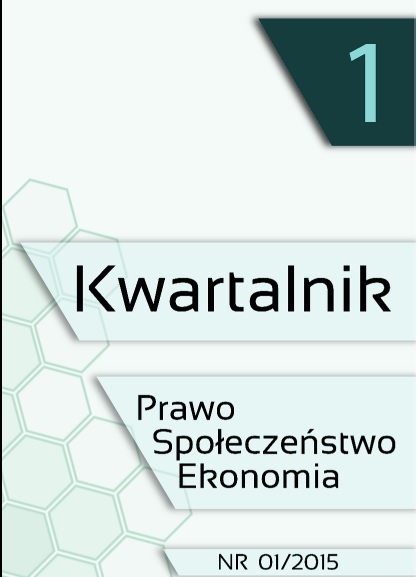O ochronie życia ludzkiego w fazie postnatalnej. Rozważania etyczne
The protection of human life in postnatal phase. Ethical remarks
Author(s): Joanna BrzezińskaSubject(s): Law, Constitution, Jurisprudence, Human Rights and Humanitarian Law
Published by: Stowarzyszenie Mage.pl
Keywords: protection of human life
Summary/Abstract: The article is a look at the scope of the protection of human life in one of the earliest phases of its existence – postnatal phase, from the point of view of some representatives of the contemporary ethics. Preliminary considerations are focused on determining the limits of protection, which the newborn is entitled to according to the leading German philosophers P. Singer and H. Khuse. It remains an unquestioned belief that Singer’s concept of existence of human beings is currently one of the most controversial philosophical concepts, as evidenced even by the statement that human existence is evaluated depending on various circumstances, and its personal dimension is fulfilled only after specific features and abilities of the human reveal. Thus, if the act of interruption of life concerns the creature that does not demonstrate those features, it remains irrelevant as it does not apply to the person. Thus, if the newborn does not have personal characteristics, depriving it of life becomes acceptable. If there are reasonable grounds for that, a doctor has the right to perform treatment in such a manner that lead to the child’s death, especially in the case of deep physiological anomalies (brainless or disabled child). Another part of the deliberation was dedicated to an even more radical, in terms of the admissibility to dispose of human life (in the postnatal phase of its development), ethical views formulated recently by A. Gubilini and F. Minerva. According to the indicated authors, the status of the newborn is identical to that of the human fetus, and human personality deficit in the newborn baby can be derived from this fact. Since the newborn is devoid of personality, then no harm can be inflicted upon it. The potentiality of the human being in the post-natal form does not necessarily have to mean the right to live in the future, especially since parents may decide to kill the child without causing any harm to the one who has no such right, because that creature exists only potentially. In conclusion, the ideas were confronted with the question of the ethical dimension, seriously questioning it , given the assumptions of the indicated positions.
Journal: Kwartalnik Prawo-Społeczeństwo-Ekonomia
- Issue Year: 1/2015
- Issue No: 1
- Page Range: 4-14
- Page Count: 11
- Language: Polish

